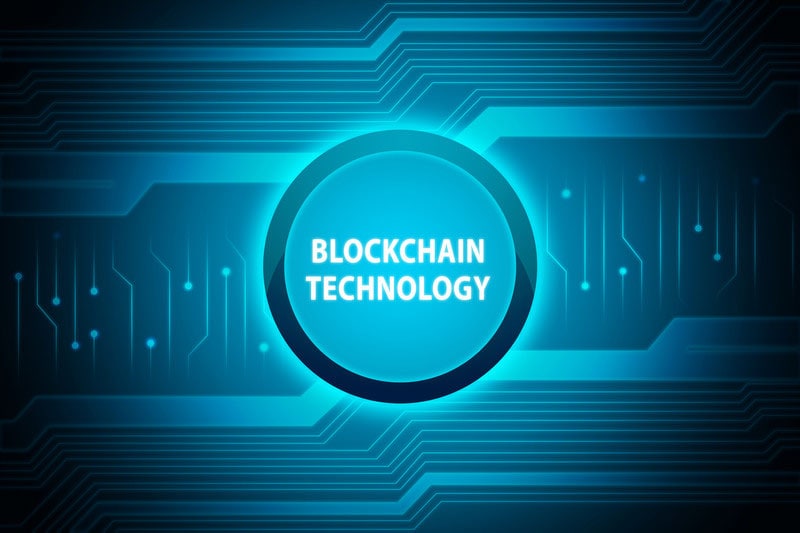Healthcare interoperability and the safety of patient medical records is a major concern in the healthcare industry. The electronic health record and the possibility of sharing medical information across the healthcare continuum is considered beneficial from the viewpoint of care coordination, and also from that of medical-legal processes such as medical chart review required for personal injury and medical malpractice cases. Patients are, however, frustrated about their lack of control over their personal health records. Now, blockchain technology is heralded as a possible effective solution in this regard. Blockchain that is typically associated with Bitcoin and other cryptocurrencies, is now being considered as a good way to create shared networks of healthcare information.
In what ways can Blockchain prove useful to the healthcare industry? Healthdatamanagement.com recently carried an article highlighting the potential of Blockchain as predicted by 10 experts in the field, who are members of the peer-review board of Blockchain in Healthcare Today. They focused on aspects such as the following.
- To ensure the integrity of electronic medical records: Accurate medical records are essential in malpractice and other types of cases wherein personal injury is involved. Medical records are often altered or forged to remove evidence of medical errors. Blockchain’s distributed ledger technology with irrefutable trust could ensure the integrity of the medical record. This would help reduce the burden on providers, attorneys, and IT departments.
- Consent management: This indicates a system, process or set of policies for allowing patients/consumers to determine what healthcare data they are willing to allow their various care providers to access. Blockchain is expected to become a major part of consent management in healthcare, enabling easier information sharing. At present, consent details are stored in physicians’ EHR systems, hospital medical records departments, and fax documents. With Blockchain, consent can be efficiently stored for data exchange, privacy preferences and treatments so that it can be accessed by all stakeholders.
- To make micropayments: Now, providers are reimbursed for quality-based care and not the quantity of care they provide to patients. An easy-to-use universal interface to provide micropayments to patients when they achieve outcomes or goals would speed up innovation. Also, tracking of co-pays can be simplified with a blockchain-based universal payment interface. Organizations can be given the opportunity to “buy” outcomes from provider organizations. For instance, there could be a marketplace for patients successfully treated for a disease.
- Tokenization of non-cash assets: A token can represent a physical object, real estate or even an outcome. Tokens could facilitate managing for results or outcomes in healthcare. A start-up, Proof of Impact, has started measuring patient outcomes and offer non-governmental entities different ways to reduce administrative burdens and improve the patient care experience.
- Reduce electricity usage: The blockchain infrastructure is expected to reduce electricity requirements and improve speed and scalability. Proof-of-work approaches consume huge amounts of electricity, and any option to build trust through alternate means can radically reduce the computing footprint. Also, transactional speeds will increase and blockchain as a service will enhance ease of use, mainly by masking the complexity of blockchain by a set of cloud-hosted functions.
- Keeping healthcare provider directories maintained by insurers: This information has to be kept up-to-date and can be quite challenging and complex. There are more than 1,000 insurance companies in America and filling up paperwork to document provider training and licensure can be very difficult. To address this issue, maintaining provider demographic information on a permissioned blockchain is being considered as an option.
- To ensure supply chain integrity: Keeping track of the authenticity or accuracy of medical supplies is laborious. It is predicted that a blockchain approach for the pharmaceutical supply chain could help ensure integrity of products.
- Improve use cases: When stakeholders are educated regarding blockchain capability, it will improve or refine the use cases for Blockchain and this should speed up adoption. When the technology becomes more familiar, high-value use cases will be implemented more extensively.
- Data monetization: It could be problematic if data is resold without full disclosure and consent. Blockchain can help establish a marketplace for data where people who want to contribute data for some public good such as clinical trials, research, or population health initiatives could be paid each time their data was used.
Blockchain technology is expected to offer a secure basis for protecting medical records and patient privacy. As such, it could be a great solution to address the privacy woes associated with EHRs and sharing. The easier information sharing capability of blockchain could also be a welcome prospect to providers of medical review services, attorneys and other entities that require medical records at some time or another. Experts in the field hope that medical blockchains could be designed to work with each other. An overall technical architecture that accepts local differences is what is required. New providers of medical record technology are becoming active in the market, causing significant disruption of the sector. As a technology providing a secure basis for protecting medical records and patent privacy, Blockchain is bound to increase in popularity over time. With its capability to create an auditable log, blockchain ensures increased transparency and therefore reduced adverse medical events, better patient care, and better healthcare outcomes.




